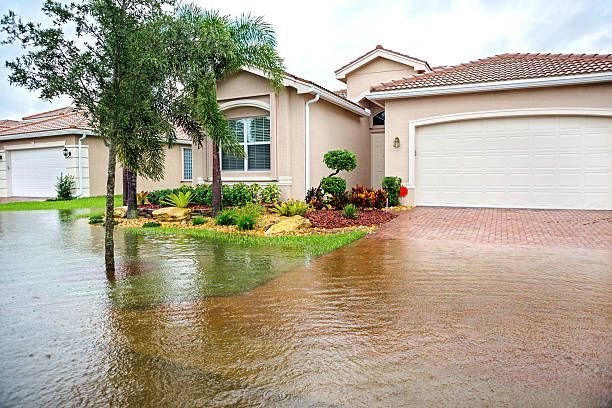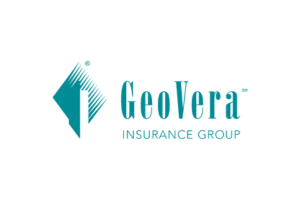Getting to Know the Basics of Flood Insurance
Getting to Know the Basics of Flood Insurance

First and most importantly, every person who reads this is in a flood zone, whether you realize it or not. Each area in the United States is mapped out and updated over time based on the probability of your property flooding within a few years to as many as more than one hundred years from now. Now that you have that piece of information, you may be wondering if you need it. The answer is maybe. Flood insurance, like any other type of insurance, has rates that are based on whether or not your property is in a high-risk area; the higher the risk, the higher the premium, the lower the risk, the lower the premium.
What Does Flood Insurance Cover?
This is best answered by defining a flood: water moving across the land temporarily with at least two or more properties being impacted, including yours. Most importantly, your home insurance policy will NOT cover this loss when this happens. You would need an actual flood policy to have adequate coverage. The nice thing about flood insurance is that it is customizable. The level of customization depends on the carrier and if you are purchasing through FEMA’s National Flood Insurance Program. Most policies allow you to select as much structural coverage as your home insurance policy. However, the NFIP only provides coverage up to $250,000. The other portion of customization comes to your personal belongings; you can choose how much coverage or not to cover your personal belongings at all. For additional information on flood insurance, check out FEMA’s website FloodSmart.
Different Types of Flood Insurance
Did you know that this is not exclusive to homeowners to purchase flood insurance? If you are a renter but live in an area prone to floods, you can buy flood insurance. Instead of covering your building, you would only protect your personal belongings from the risk of a potential flood. As a business owner, you also have the option to purchase flood insurance. If you own the building, you can buy flood insurance to cover the building; if you are leasing a space, you can cover the build-out, appliances, inventory, and more up to $500,000.
My question to you is:
Are you covered? Contact me to learn more about flood insurance by clicking here or calling 253.642.4010











